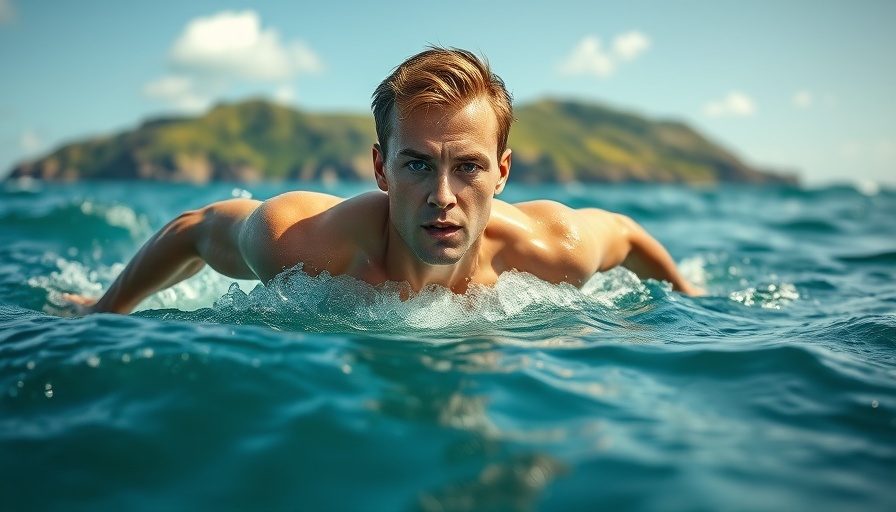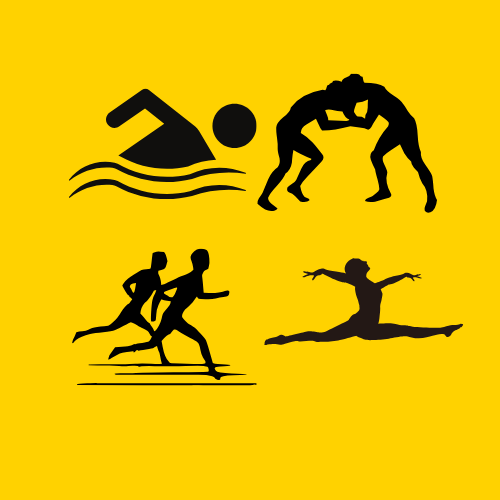
Why Open Water Swimming Feels Slower Than Pool Swimming
If you're a swimmer who's made the jump from the pool to open water, you might feel slower than usual. But it’s not just in your head! There are multiple factors that contribute to the differences in performance between these two environments. Understanding these factors can boost your confidence and improve your technique as you adapt to the vastness and unpredictability of open water.
Environmental Factors: The Big Game Changers
One of the most significant factors when it comes to swimming speed is the environment. Open water environments can present a unique set of challenges. Temperature is a major one! Water in lakes, rivers, and oceans is often colder than the temperatures typically maintained in a swimming pool. This can lead to the body working harder to maintain temperature, which can sap energy and potentially slow you down.
Moreover, currents and waves alter the flow of swimming. Unlike the steady, controlled flow of a pool, open waters can have waves that push you back or drag you off course. This not only impacts speed but also drains energy as swimmers must constantly adjust and realign their strokes. A swimmer might find themselves exerting more effort to maintain pace, resulting in that sluggish feeling.
Mental Barriers: The Psychological Impact
Another critical element impacting your perception of speed is psychological. Open water swimming can be daunting, with many swimmers reporting a feeling of unease when they can’t see the bottom or are in unfamiliar territory. The sight of the open horizon can create anxiety, impacting your physiological responses. Stress triggers can elevate heart rates, leading to inefficient swimming mechanics. A greater sense of relaxation can actually improve speed, so finding techniques to calm your nerves is essential for performance.
Techniques to Improve Open Water Performance
Don’t let the challenges of open water swimming discourage you! Here are some unique strategies and techniques that can help you adapt and improve your performance:
- Practice in Open Water: The best way to acclimatize is to regularly train in open water. The more experience you gain, the more comfortable you’ll become with the environment, making it feel less intimidating.
- Focus on Breathing: Being comfortable with your breathing rhythm can keep you calm in chaotic conditions. Try bilateral breathing to enhance your awareness of your surroundings and maintain your mental edge.
- Improve Your Navigation Skills: Being able to sight effectively during your swim can cut down on extra yards swum, ensuring you maintain a more consistent speed. Use landmarks or buoys as points of reference and practice your sighting technique during training.
Embracing the Unique Experience of Open Water
Every swimmer must appreciate that open water presents unique challenges that can require time to adapt to. It’s a different game! However, embracing these elements not only makes you a more well-rounded swimmer, it also enhances your overall experience in swimming—especially with the thrill of navigating nature's elements. Remember, the joy of swimming should always precede the focus on speed!
Whether you are an athlete, a coach, or simply a swimming enthusiast, understanding these dynamics can significantly enhance your approach to open-water swimming. So the next time you feel slower in open water, remember these insights! Focus on adapting your technique rather than simply comparing yourself to your pool performance.
Thinking deeper about your swimming strategy can reshape your immersion in open water. Don't hesitate to reach out to coaches or community groups focused on open water swimming to further enrich your skills. Together, we can transform those slower feelings into swift successes!
 Add Row
Add Row  Add
Add 




Write A Comment